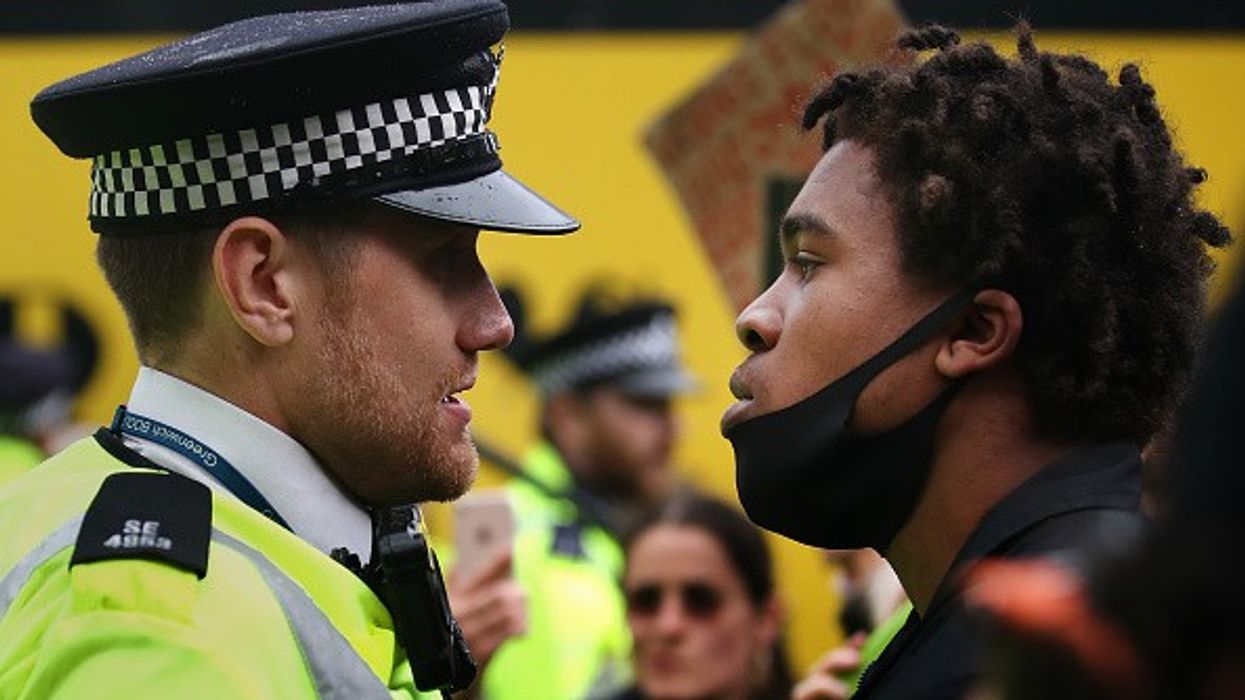IN A BID to pull themselves out of a race crisis, police chiefs appointed Barrister Abimbola Johnson to chair a new independent scrutiny and oversight board.
The appointment, made by the National Police Chiefs Council, is a part of promised changes to policing aimed at improving confidence among minority ethnic groups, the Guardian reported.
Police chiefs’ final plans have been awaiting the approval of the new independent chair of the scrutiny board. This signifies that they will no longer mark themselves on racial justice, which has been an enduring problem for British policing.
On her appointment, Johnson said that policing needed systemic change: “Black people have been disproportionately affected by policing for decades. Many of us have had personal experiences with the police that have been unsatisfactory, unfair or even harmful and many of us know of others with similar stories.
“I hope the creation of an action plan and a parallel independent board to inform, oversee and scrutinise that plan marks a recognition by the police that the onus is on them to look inwards.”
Last week the home affairs committee said police and government had done too little on racial justice and that failings were “systemic”.
The NPCC’s vice-chair, Sir David Thompson, chief constable of the West Midlands force, welcomed Johnson’s appointment: “The recent parliamentary report on 22 years since the Macpherson inquiry was a stark reminder of how long many black communities have waited for policing to go further and faster in addressing race disparities. Our urgent work with her will begin right away.”
In July, the NPCC chair, Martin Hewitt, told the newspaper that the new chair would have the “soft power” to demand answers from police and reprimand them if progress was too slow or blocked.
Hewitt said: “It demonstrates the fact that we’re listening and we want to listen. It demonstrates the fact that we are opening ourselves up to independent external scrutiny, and it also provides legitimacy to the work that we are doing, because this will be work of a number of years.”
In a Guardian piece in October 2020, Johnson wrote that: “The statistics, the anecdotes and the direct experiences reinforce the idea that it doesn’t matter how young, vulnerable, cooperative, ‘socially acceptable’ or innocent you are: your blackness overrides everything else, and is reason enough to treat you as a threat.
“If the police are serious about improving relationships with members of the black community, they need to look inwards and ask some fundamental questions: why do they still use tactics that so disproportionately interfere with the lives of black people? Why are they so quick to view black people as threatening and aggressive? And why do officers act so readily on such vague, generic descriptions of black people, knowing those they treat with suspicion are likely to be innocent?”
“Officers need to earn the respect and faith of the communities they serve – and that task starts with them. Until the police take steps to heal that damage, reluctance and scepticism will continue to tarnish their daily interactions – not only with suspects but with black witnesses and victims too.”
As a barrister Johnson has fought racial bias in the legal profession and courts.




